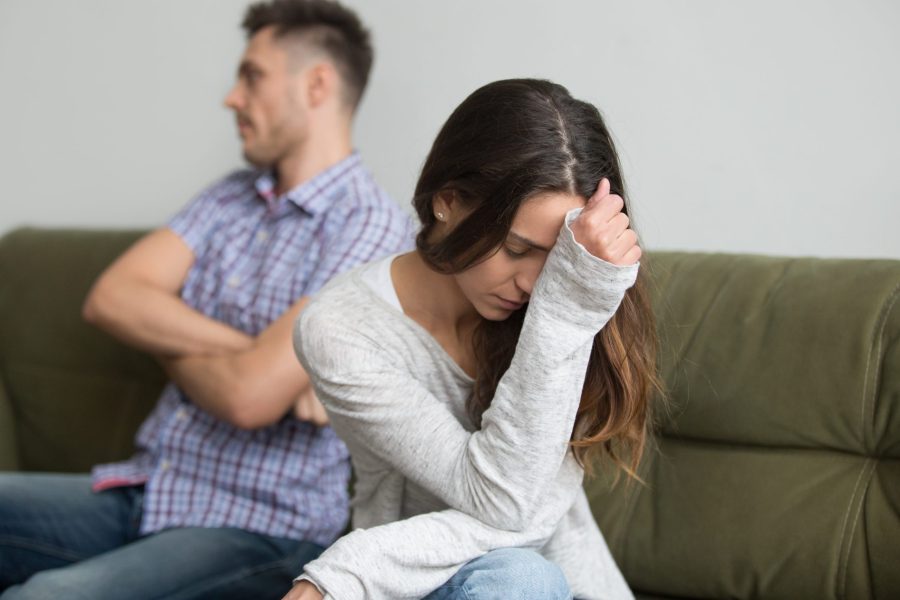ABUSIVE RELATIONSHIPS. CHILD ABUSE PREVENTION, ARTICLES, HEALTHY RELATIONSHIPS ADVICE. BEST DATING TIPS, VIOLENCE
What is Intimate Partner Violence and Abuse?

Intimate partner violence can include physical, psychological, emotional, verbal, financial, sexual, and spiritual abuse; excessive jealousy and control; harassment after separation; and murder. Anyone can be a victim of abuse, regardless of ethnic background, age, gender, sexual orientation, disabilities, religion, marital, financial, or employment status.
Am I being abused?
No one has the right to hurt you. You have the right to be free from abuse. You are not at fault and do not cause the abuse.
The following are some of the signs of intimate partner violence and abuse:
- Ignoring or minimizing your feelings
- Criticizing, insulting, and calling you names
- Humiliating you in public or private
- Refusing to help you when you are sick or injured
- Controlling all the money
- Locking you out of your home
- Isolating you from your family, friends, work, and community support
- Controlling where you go and what you do
- Checking up on you constantly
- Blaming you for the abuse that occurs
- Playing mind games
- Threatening to: hurt you, take your children, or harm your family
- Pushing, shoving, throwing objects at you
- Hitting, choking, punching, biting, slapping, kicking you
If any of these are happening to you, consider talking to someone who can help.
When someone you care about is being abused, it hurts you too. It is hard to know what to do and say.
You may suspect that abuse is happening in a friend or family member’s relationship, but you may not know what to look for. You may be hesitant to get involved if you don’t know what to do or say if the person discloses abuse in their relationship. If someone is being abused by their partner, they may feel embarrassed, ashamed, and feel that they are all alone. By asking questions, you help break the silence.
Start by opening the door for support. Ask questions like “I’ve noticed you have been a little down lately, are you OK?” or “I heard the way your partner spoke to you yesterday. Would you like to talk about it?”. If they disclose abuse, some helpful things you can say include “I believe you,” “It’s not your fault,” and “I will support you no matter what you decide to do.” Don’t tell the person what they must do, such as insisting that they leave their partner. Do offer to help them find the supports they need.
Services are available for individuals experiencing abuse
Shelters and Transition Houses provide temporary housing, food, and support for women fleeing violence and their children. How long you can stay varies from shelter to shelter, but typically the maximum stay is set between 4 and 6 weeks. While staying at the shelter, the staff can assist you as you plan for your future by offering safety, a supportive ear, information and support, and referrals to counselling, financial services, legal support and housing. There is no cost to stay and no referrals are needed. Second Stage Shelters are designed for women and their children who are looking for secure, affordable housing on a more long-term basis. Counselling and Support Centres provide crisis counselling services for victims of violence. As well, programs for children exposed to violence are available at many centres.
Article provided by PATHS (Provincial Association of Transition Houses and Services of Saskatchewan)
PATHS is the member association for 24 agencies that provide supports to survivors of intimate partner violence in Saskatchewan. We support our members through research, training, and providing opportunities for peer support. We work to create safer communities by working with community agencies and government, as well as providing public education on the issue of violence against women.







